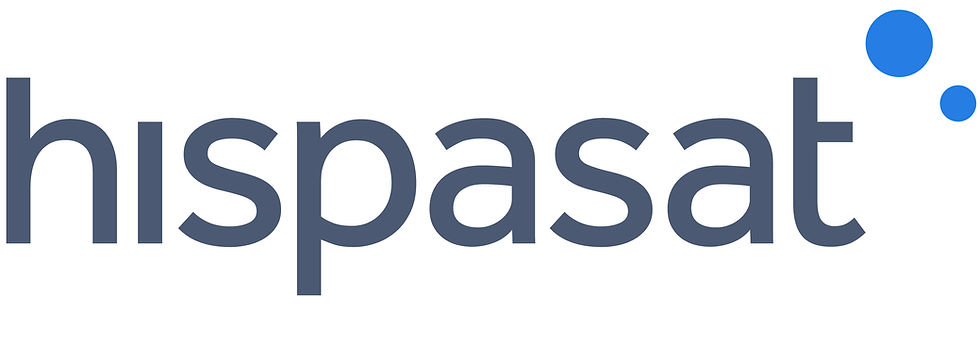CesiumAstro partners with US Air Force in $3.6M program
- Global Military Communications
- Jun 16, 2023
- 2 min read

CesiumAstro has been awarded a contract led by AFWERX, the innovation arm of the US Air Force (USAF), through the Tactical Funding Increase (TACFI) program. CesiumAstro will build, integrate, and demonstrate its satellite communications (SATCOM) terminal aboard an MQ-9A Reaper remotely piloted aircraft (RPA). The $3.6M award directly supports the Department of Defense’s need for enhanced, higher throughput connectivity aboard airborne vehicles.
The news comes shortly after the company unveiled its industry-first multi-beam active electronically steered array (AESA) for both commercial and defense in-flight connectivity applications supporting multiple orbits. CesiumAstro’s low-profile SATCOM antenna provides make-before-break handover with no moving parts, enabling ultra-reliable communications.
“AESA technology offers advantages for both commercial and military applications,” said Shey Sabripour, founder and CEO of CesiumAstro. “We are honored to support the US Air Force in realizing the tactical advantages of AESAs on the MQ-9A Reaper platform.”
Under this contract, CesiumAstro will scale its SATCOM terminal to fit the size, weight, and power requirements of a Group 5 unmanned aerial system (UAS). The terminal will be integrated on a General Atomics MQ-9A capital asset to demonstrate connectivity benefits with a commercial satellite network.
“Satellite communications are essential to ensure the warfighter remains connected in future operating environments,” said Wayne Phelps, retired Marine Corps UAS pilot and Director of Business Development at CesiumAstro. “We’re thrilled to continue working with our US Air Force partners to demonstrate this critical communications solution.”
CesiumAstro’s AESA is offered in multiple form factors, supporting commercial aircraft to small drones. The thin, tile-based approach allows the rapid scaling of the array to meet the needs of unique mission sets.
“We are excited to demonstrate the advantages that active phased array satellite communications systems will bring to our family of UAS. This technology is imperative for maintaining a tactical advantage,” said Douglas Hardison, Sector Vice President for Navy and Marine Corps Strategic Development at General Atomics – Aeronautical Systems, Inc.
In March 2023, CesiumAstro announced plans to fly its in-flight connectivity SATCOM terminal on an Airbus commercial aircraft later this year. This contract with the USAF will demonstrate complementary capabilities, showcasing both the scalability and dual-use nature of CesiumAstro’s AESA SATCOM terminal.



Comments